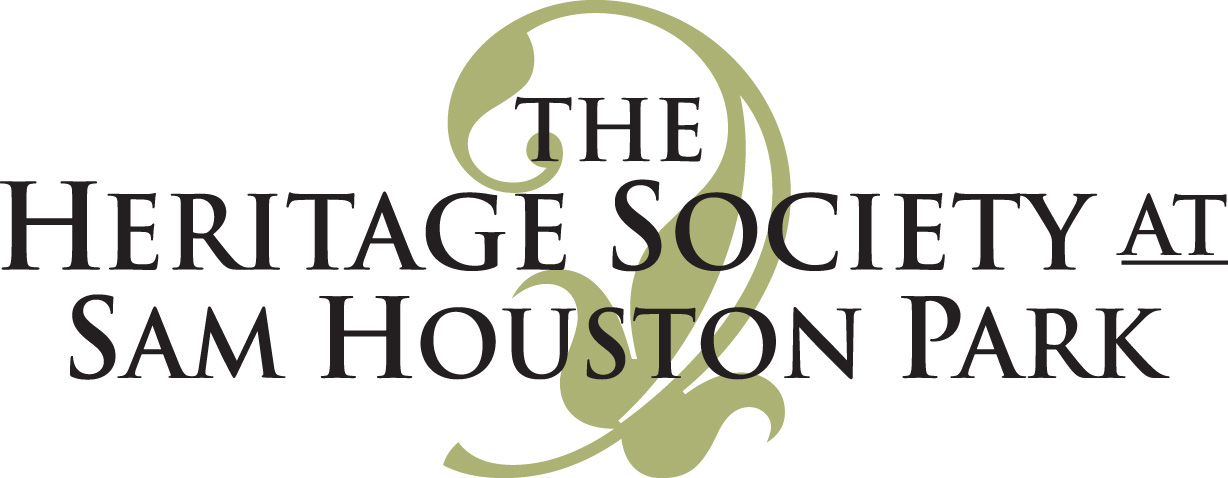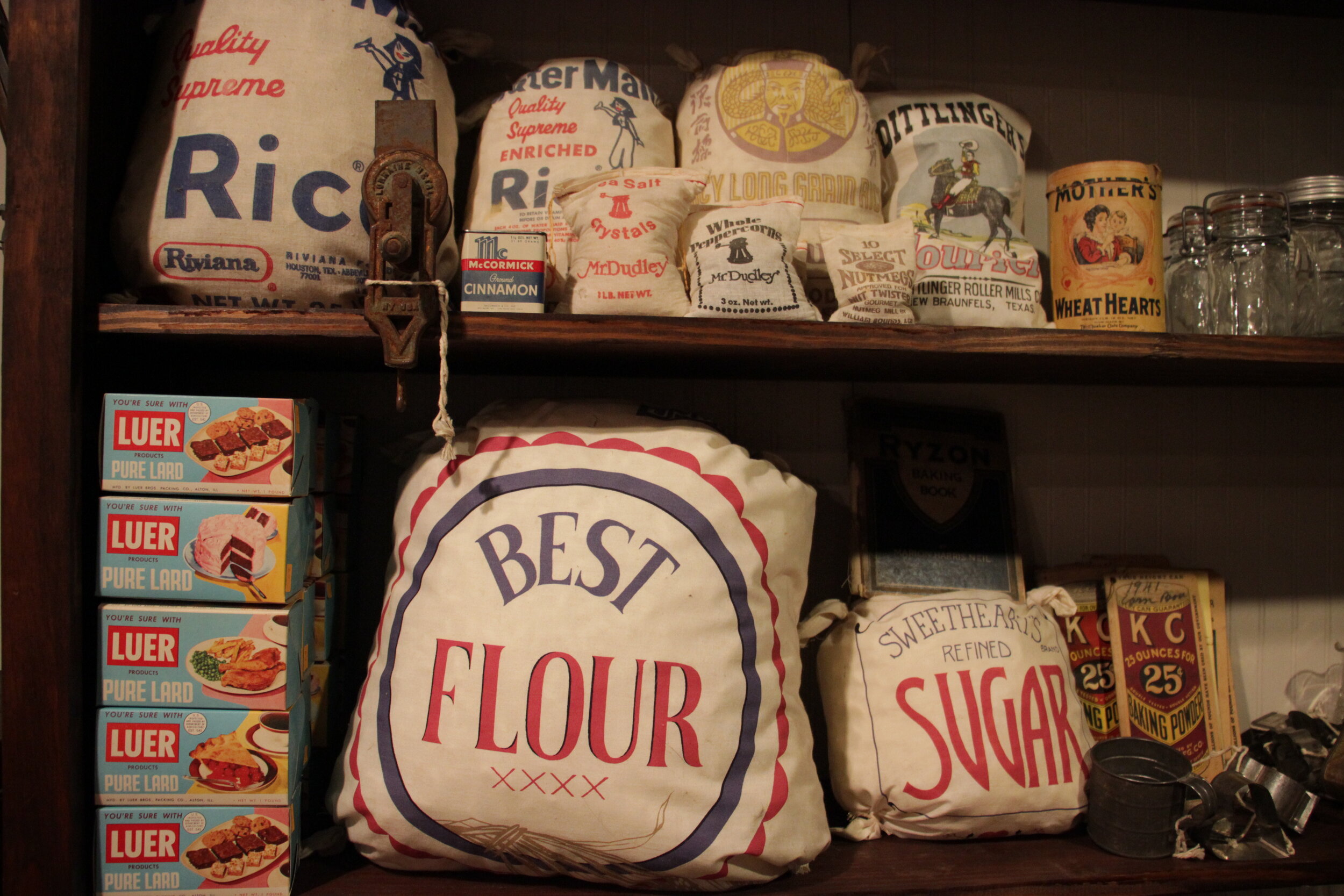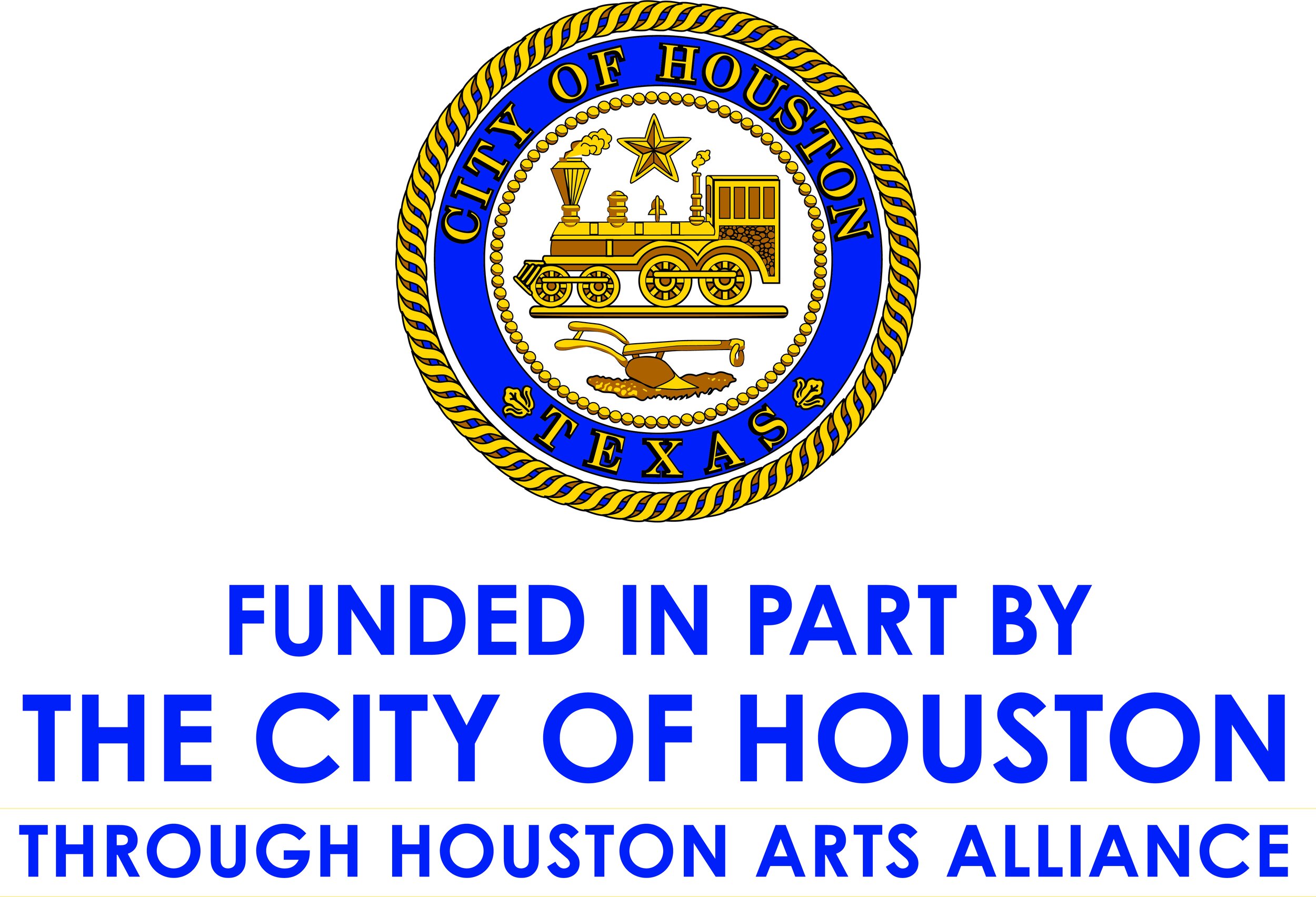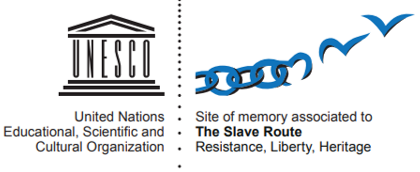One Stop Shopping
Life in the summer in Houston means dealing with going in and out of air-conditioned spaces as we complete our errands. By the time you return to your car it has heated up to over 100 degrees and doesn’t have enough time to cool off before you reach your next destination and exit again. The advent of enclosed, air-conditioned malls in the late twentieth century brought some relief to overheated, frustrated Houston shoppers. More recently the emergence of big box stores like Walmart and Costco enables shoppers to get a wide variety of goods at one location.
Past generations experienced one-stop shopping at the community’s general store, a common feature of rural Texas. Patrons, who were predominantly farmers, came to the store to buy their staples but they also received trust, understanding and credit when needed. In the early days, business transactions often took the form of trade and barter – furs and hides for cornmeal and coffee. Since farmers did not have ready cash until they sold their crops or livestock, purchases were frequently made on credit and the transactions were recorded by hand in ledger books.
The U.S. Post Offcie in Egypt, Texas was located inside the Duncan General Store.
The store was a planned space where customers had the opportunity to see, feel, and taste the goods. One section of the store was for groceries, another section for dry goods, yet another for tobacco, sundries and patent medicines. In the rear of the building you might find the whiskey, kerosene and meat barrels. On the counter by the cash register were glass containers full of candy that sold for one penny. The general store was often the Post Office for the area and eventually became the gas station as well. Around its shin-warming pot-bellied stove and gaming and drinking tables, the country folk gathered and passed the time in a sociable and civilized fashion. The general store was the center for trade, information and social life for rural America.
Dry goods were one of many sections in a general store.
One example of a typical Texas general store was the Duncan General Store which was located in Egypt, Texas. Egypt is one of the most historic towns of Wharton County. It was so named by pioneers from Austin’s Colony that came to the area in the drought of 1827 seeking corn, as reflected in the biblical passage “we are going down into Egypt for corn”. Green Cameron Duncan, a cattleman and farmer who settled in Texas after the Civil War, established the store in the 1870s and it operated until the mid-twentieth century. The merchandise for the store was initially hauled in by horse and wagon from the railroad station at Hungerford until the Cane Belt Railroad came into Egypt in 1900. The store sold everything from food to coffins. A meat market was added shortly after opening as well as a lumber yard and saddlery. In 1900 one corner of the store became the Egypt, Texas United States Post Office.
The cash register from the Duncan general store.
In 1983 The Heritage Society was given the entire contents of the Duncan General Store, one of the last extant 19th century general stores in Texas. These artifacts are on display in a re-created storefront in the Heritage Society Museum Gallery. Here you can marvel at the sometimes unfamiliar merchandise displayed on the shelves and in the cases. The “crocks” you see on the shelves are functional pieces of everyday pottery used for food storage, not the colorful rubber footwear of today. Stepping through the doors of the recreated Duncan Store provides an opportunity to imagine the hustle and bustle that would have permeated the air as the local residents did their shopping on Saturdays in nineteenth century Egypt, Texas.










